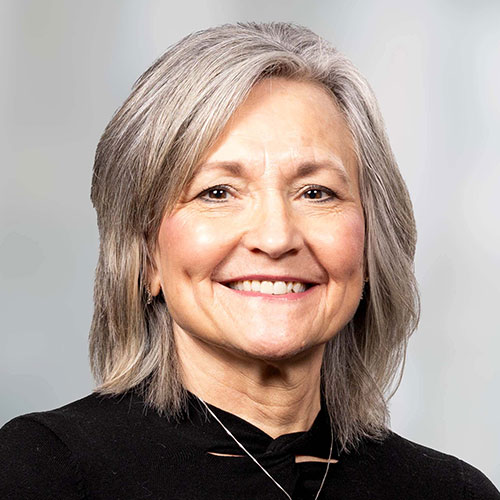“What if I have a tragic accident or experience a traumatic health event and am unable to tell my loved ones or healthcare team my wishes?” Healthy aging includes planning for the what-ifs in life. Who do you trust to make those difficult decisions regarding your treatment? And would that person be capable and comfortable doing so?

Mary Isaacson, Ph.D., RN, RHNC, CHPN, FPCN
Associate Professor, University of Nebraska Medical Center College of Nursing; President-Elect, The Rural Nurse Organization
These questions are challenging and uncomfortable to consider. Planning for the what-ifs is truly a gift you can give your family about your wishes and goals for your care when you are unable to make those decisions yourself. The National Institute on Aging suggests that individuals who document and discuss their wishes with their family and their healthcare team are more likely to receive the care they desire.
Documenting your wishes and goals of care can be done through a living will and/or a durable power of attorney for healthcare (also known simply as your chosen medical decision-maker). Both are legal documents and provide guidance to the healthcare team about your care choices and who you have designated to make those decisions on your behalf.
Living will
A living will (also called an advance directive) provides written documentation for your healthcare team about medical care you would and would not want, should you be unable to state your wishes. A living will is not a will, which is a legal directive about your personal estate; the living will is specific to your health and medical decisions.
When preparing your living will, it is helpful to ask yourself some targeted questions and consider how you would like them answered. For example, “If my heart stops, do I want the healthcare team to do chest compressions or electrical shocks?” or “If I can’t breathe on my own, do I want the healthcare team to put a tube down my throat and place me on a breathing machine?” The answers to these questions are difficult and dependent upon the circumstances in your life at the time when the decision needs to occur, such as whether you have a serious illness like advanced cancer or dementia.
Durable power of attorney
The durable power of attorney for healthcare is a document where you identify the person who will make decisions about your medical care when you are unable to participate in your care decisions. This person must be chosen with great care and thought. Do they know your values, and have you expressed your wishes to them? We often think that we should select our spouse or eldest child. However, it is important to ask yourself, “Even if they know my wishes, will they be comfortable making them?” Once they are identified, talk to them to ensure they will be able to honor your wishes, and if in agreement, then have the document prepared and share it with them.
Planning for the what-ifs as we age is a way of expressing our love to our family. Now is the time to begin.

